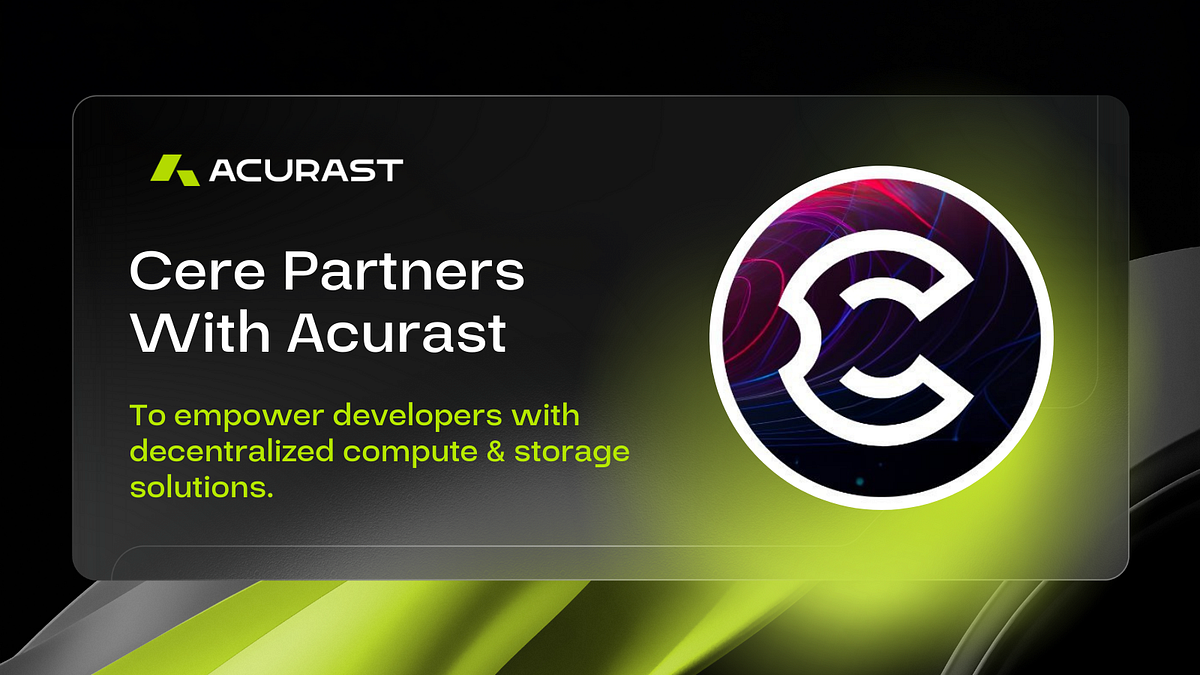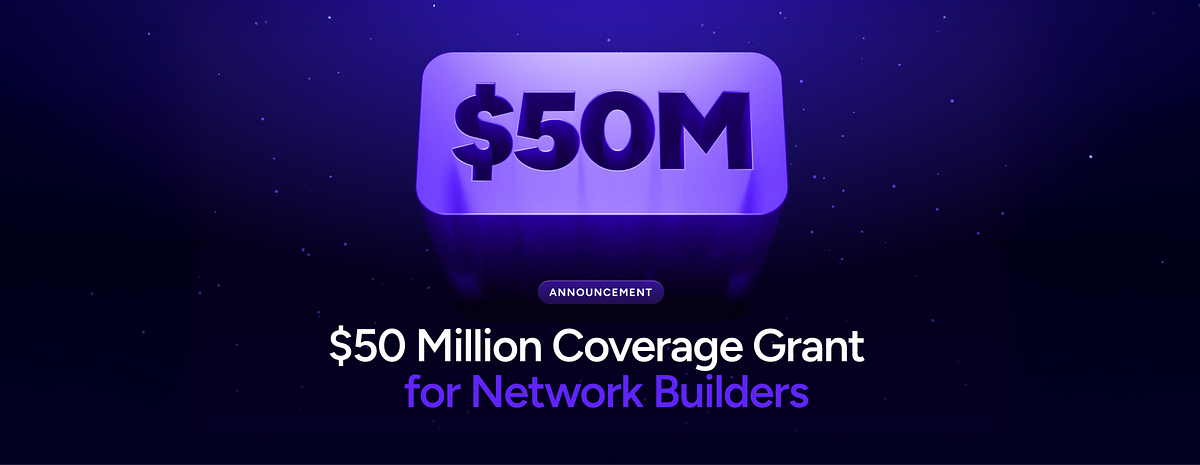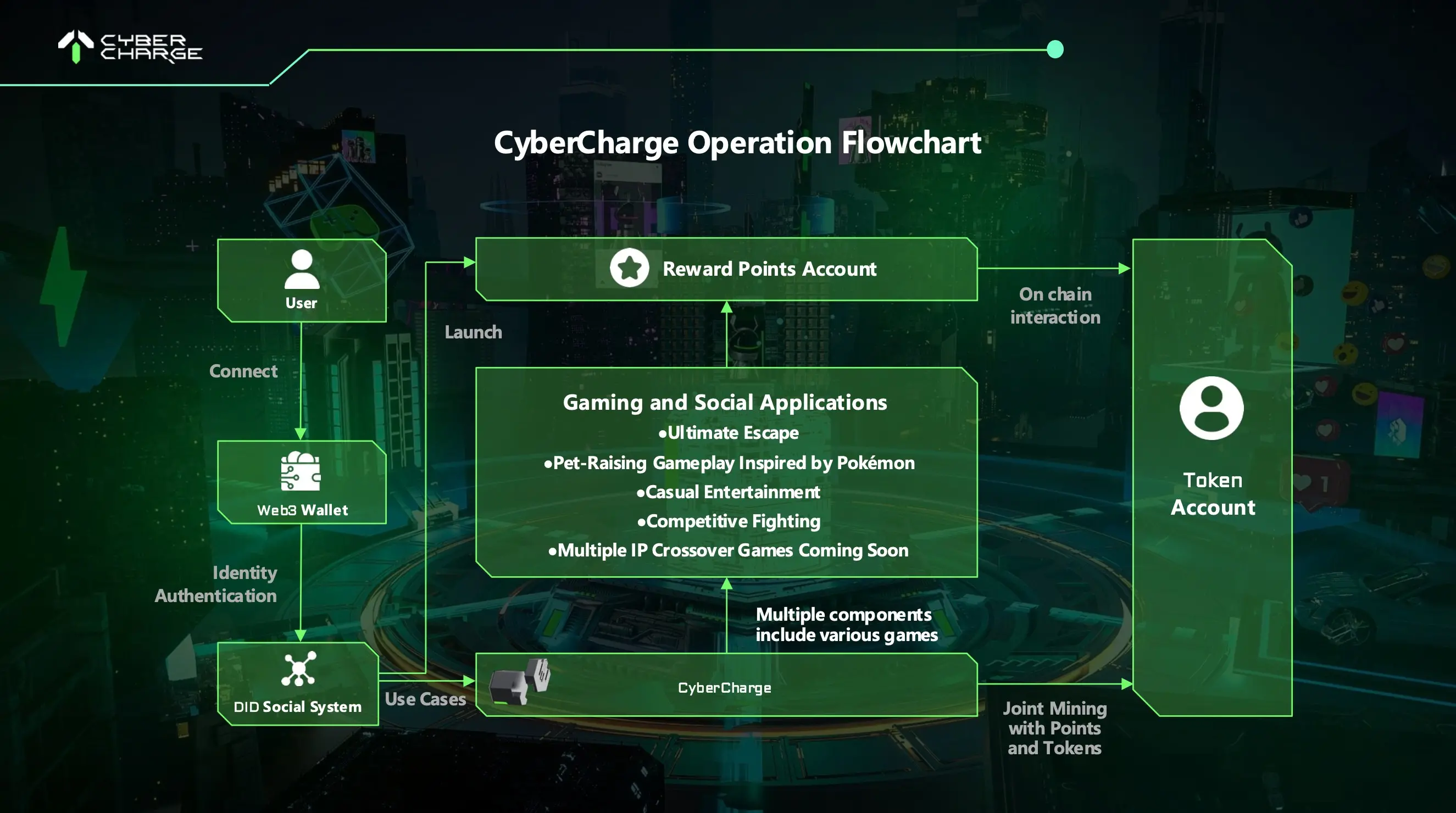Acurast and Cere Network Forge Strategic Partnership for Decentralized Cloud Solutions

On December 12, 2024, Acurast and Cere Network announced a strategic partnership that aims to enhance decentralized cloud computing capabilities. Acurast, known for its innovative use of everyday phones in decentralized cloud infrastructure, will integrate Cere Network’s decentralized data automation features into its compute deployments. This collaboration allows developers to leverage Cere’s Decentralized Data Cloud (DDC) for secure and scalable data automation, enabling them to build applications that efficiently manage both computation and secure data processes within a fully decentralized environment.
To illustrate the potential of this partnership, a decentralized image converter application has been developed. This application allows users to upload HEIC images, which are processed through Acurast’s community-driven cloud compute using their phones, converting them into PNG format. The converted images are securely stored and retrieved via Cere’s DDC, demonstrating a seamless workflow that capitalizes on the strengths of both platforms. This example highlights how the integration can facilitate practical applications in the realm of decentralized computing.
The partnership is seen as a major advancement in decentralized cloud services, with both companies expressing enthusiasm about the benefits it brings to developers. Alessandro De Carli, Co-Founder of Acurast, emphasized that this integration provides a comprehensive platform for building secure decentralized applications. Similarly, Fred Jin, Co-Founder and CEO of Cere Network, noted that the collaboration enhances the capabilities of their Decentralized Data Cloud, empowering developers with automated secure data computation solutions. This partnership is poised to pave the way for innovative applications in the evolving landscape of decentralized cloud computing.
Related News





